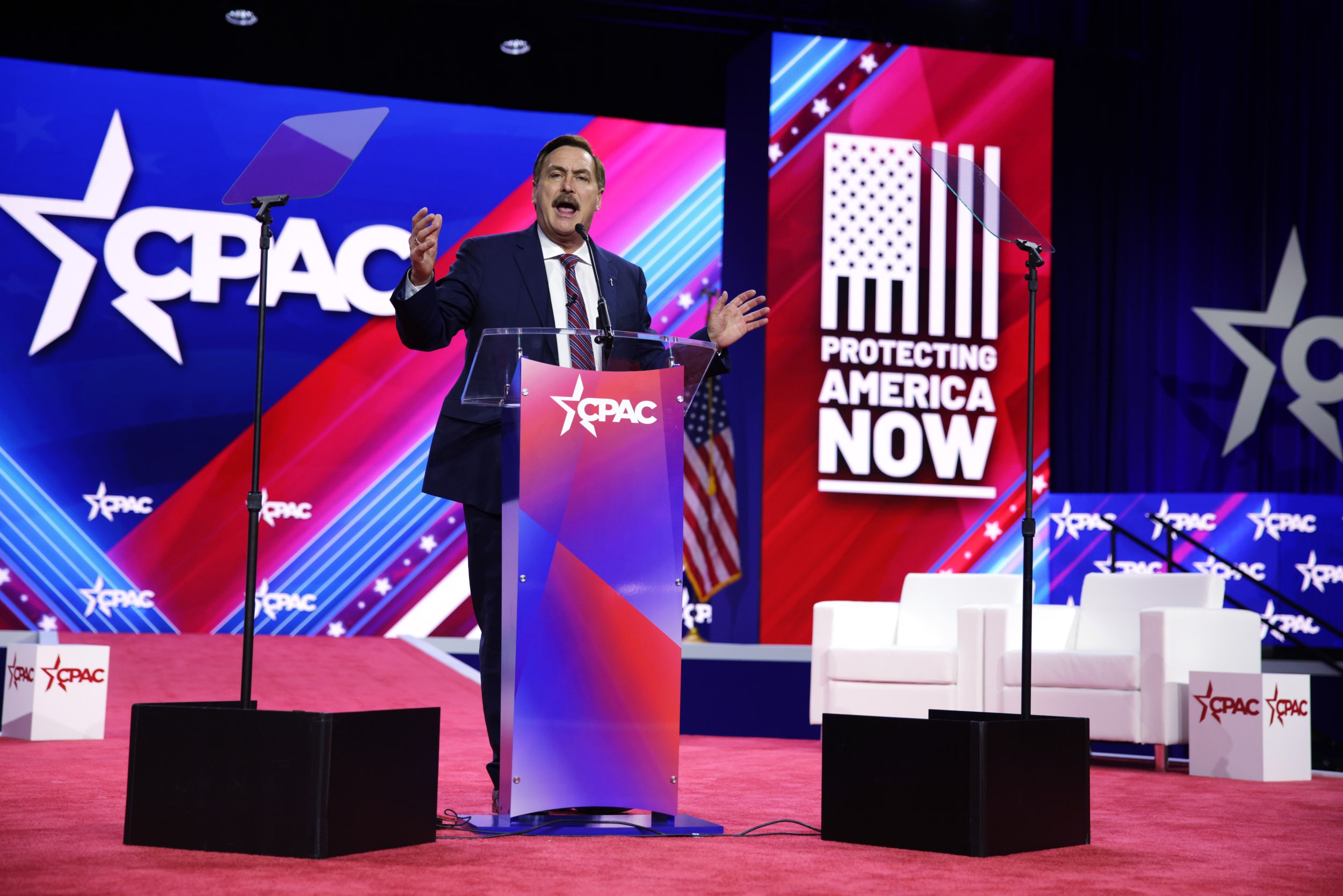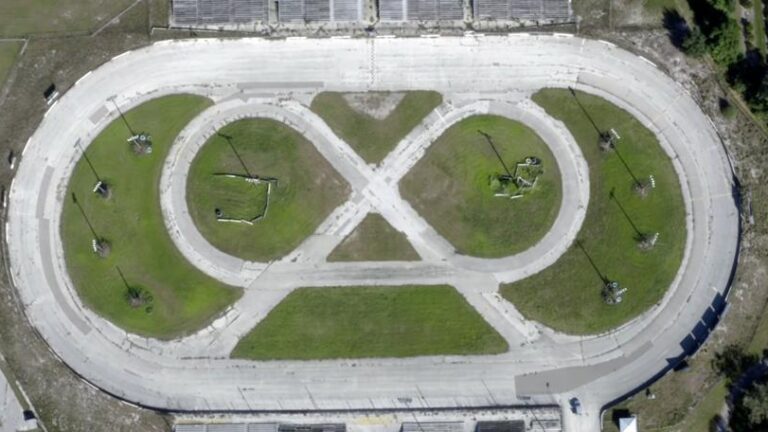Election conspiracy theorist Mike Lindell was ordered to pay $5 million to the electrical engineer and inventor who won the "Prove Mike Wrong" contest in which Lindell offered the prize to anyone who could prove that his data had nothing to do with the 2020 presidential election.
Lindell, the My Pillow CEO who helped finance Donald Trump's baseless election protests, was ordered to pay Robert Zeidman $5 million within 30 days in a ruling issued yesterday by the American Arbitration Association Commercial Arbitration Tribunal.
"Based on the foregoing analysis, Mr. Zeidman performed under the contract," a three-member arbitration panel wrote. The panel found that Zeidman proved the files provided by Lindell to contest participants did not contain actual data from the election.
Zeidman proved that Lindell's data "unequivocally did not reflect November 2020 election data. Failure to pay Mr. Zeidman the $5 million prized was a breach of the contract, entitling him to recover," the panel said.
"I am obviously really happy about the arbitrators' decision," Zeidman said in a press release issued by his lawyers. "They clearly saw this as I did—that the data we were given at the symposium was not at all what Mr. Lindell said it was. The truth is finally out there."
The arbitration "decision declares unequivocally that Zeidman proved Mike wrong," the press release said. The arbitration panel's ruling chided Lindell for defining "election data" too broadly:
In fact, it would be unreasonable to conclude that any data about the election is "election data." Newspaper articles and broadcast news about the election are transmitted as data over the Internet, for example. It is unreasonable to conclude that any data file containing those accounts—or excerpts from such a file—would qualify as election data in a contest. If such data qualified, the Contest would not really be a contest at all.
“This will be going to court!”
Lindell appears to be ready to challenge the ruling in court. "They made a terribly wrong decision! This will be going to court!" he told The Washington Post in a text message.


 Loading comments...
Loading comments...
